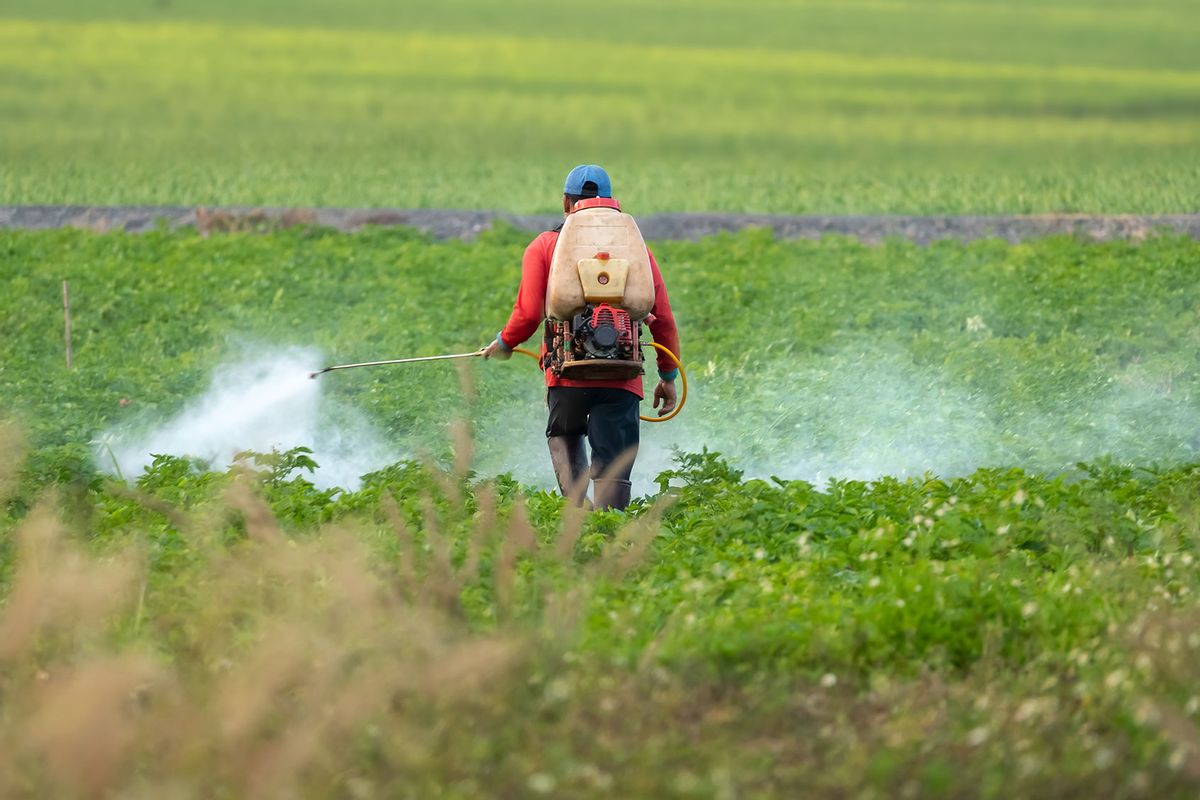
Specific pesticides before and during pregnancy may double stillbirth risk: Study
Hindustan TimesNew research suggested that living less than 0.3 miles from a pesticide use area before getting pregnant and throughout the first trimester of pregnancy may increase the risk of stillbirths. "In this study, some specific ingredients stood out due to their significant associations with stillbirth risk," said first author Melissa Furlong, PhD, who studies the chronic health effects of environmental contaminants as an assistant professor and environmental epidemiologist at the Zuckerman College of Public Health and a member of the Southwest Environmental Health Sciences Center at the R. Ken Coit College of Pharmacy. They found that living within.31 miles of specific pyrethroid, organophosphate or carbamate pesticide applications during a 90-day pre-conception window or the first trimester was associated with an increased risk of stillbirth. "Among organophosphates, acephate showed the strongest effect estimates on stillbirth, so that exposure to acephate in the first trimester was associated with a doubling of risk," said co-author Paloma Beamer, PhD, a professor and interim associate dean at the Zuckerman College of Public Health and a member of the Southwest Environmental Health Sciences Center, U of A Health Sciences Asthma and Airway Disease Research Center and BIO5 Institute.
History of this topic

Common pesticides linked to reduction in sperm count, study finds
SalonDiscover Related
























)

)

